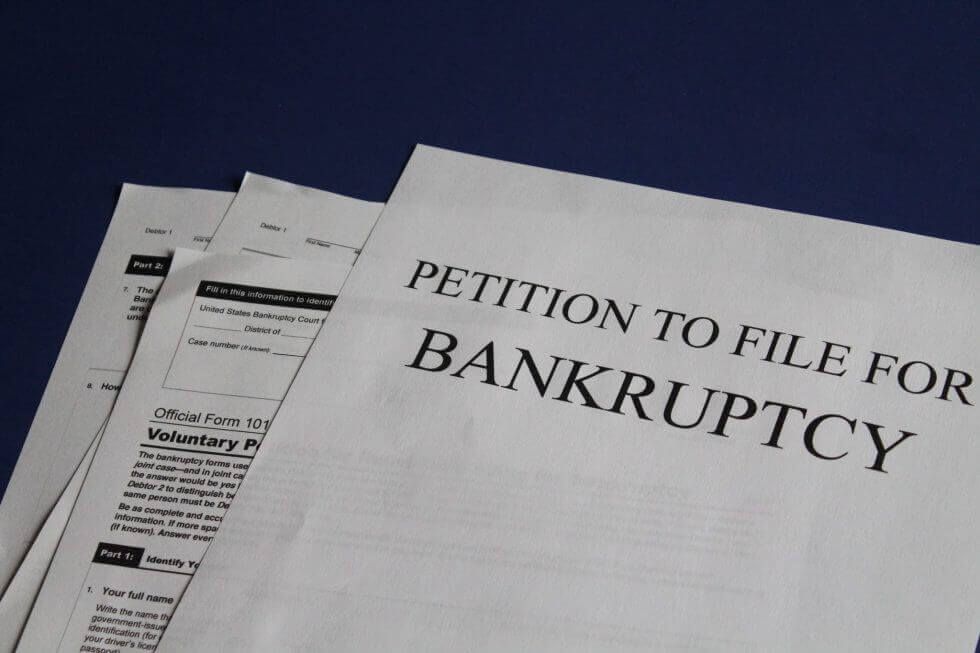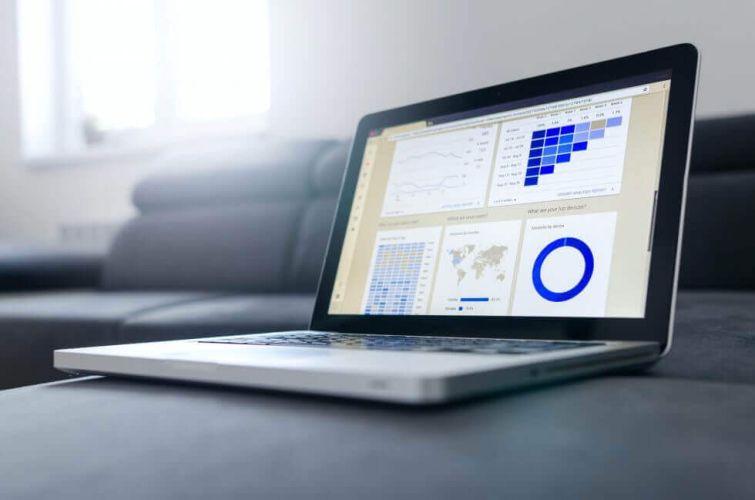If you’re facing a mountain of student loan debt, the thought of bankruptcy has probably crossed your mind before. Carrying this type of debt can sometimes feel as though there’s no way to move forward until the entire balance is demolished one way or another. But can student loans be discharged through bankruptcy? The short answer is… usually no. But it depends.
Let us explain…Student loans are notoriously difficult to discharge through bankruptcy. The only way someone even has a chance of doing so is if they can prove one very important thing: Undue Hardship. According to Federal Student Aid, “you may have your federal student loan discharged in bankruptcy only if you file a separate action, known as an ‘adversary proceeding,’ requesting the bankruptcy court find repayment would impose undue hardship on you and your dependents.” If your attempt to discharge your federal student loans doesn’t work, there may still be hope of relief. The court could still partially discharge your federal student loans.
In fact, there are multiple types of personal bankruptcy: Chapter 7, Chapter 11, and Chapter 13.Chapter 7 is often referred to as a “liquidation,” while Chapter 11 and 13 are often called “reorganization” of debts. The court could also possibly help you receive a lower interest rate, which will lower your payment. Bankruptcy isn’t your only option if you’re struggling to repay your student loans.In fact, you might find that you don’t need to spend the time and money on bankruptcy for your student loans at all, thanks to income-driven repayment plans. Different federal student loans are eligible for specific income-driven repayment plans.
These plans limit the amount you owe each month to a certain percentage of your income. Since the amount you owe is based on your income, there could even be a scenario in which, even though the debt isn’t excused, your monthly payment could be as low as $0.00 per month depending on your income level. Not only can income-driven repayment plans lower your student loan payment, but they can potentially also make you eligible for student loan forgiveness. Among other things, it is important to make sure you reapply each year and make every payment in full and on time. After a certain number of consecutive payments, you may even be able to apply to have the remainder of your debt forgiven. There’s also the option to apply for forbearance or deferment on federal student loans. Both of these temporarily pause your payments, though you might still be responsible for interest that accrues during the break.If you’re a private student loan borrower, you can see if your lender offers forbearance or deferment. You can also review their website to see other options they might have, such as their own hardship programs. Student loan debt affects your credit score in a major way. But it’s not the only thing that does.
That’s why we created Dovly.The tool that will give you your credit score, let you see how your credit compares to others and help you improve your credit score easier than ever before. Try it risk-free with our free membership tier.



